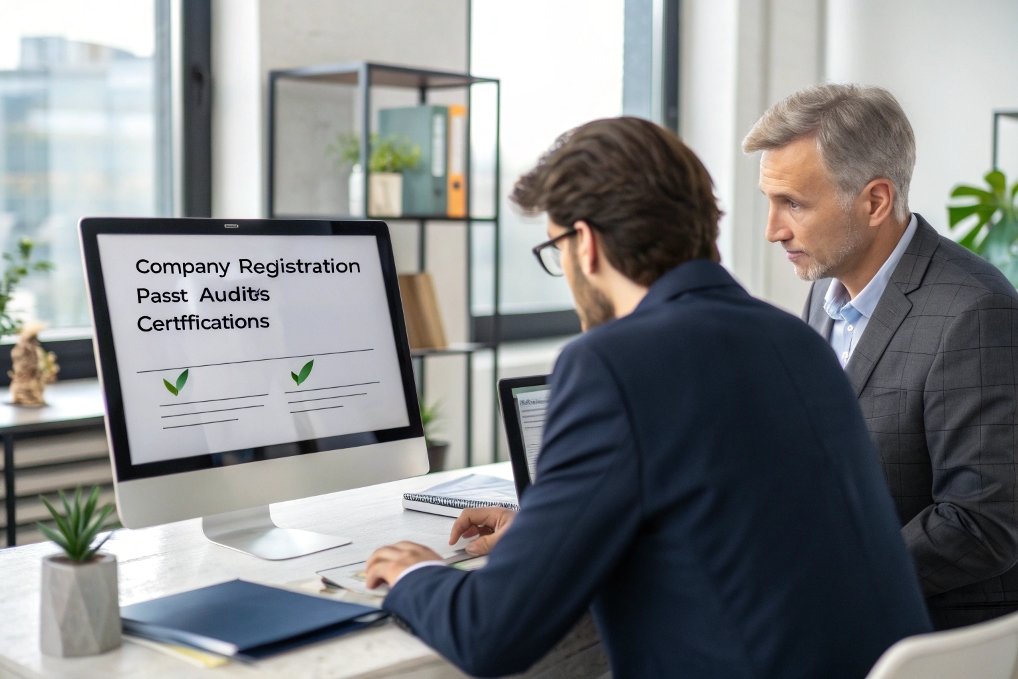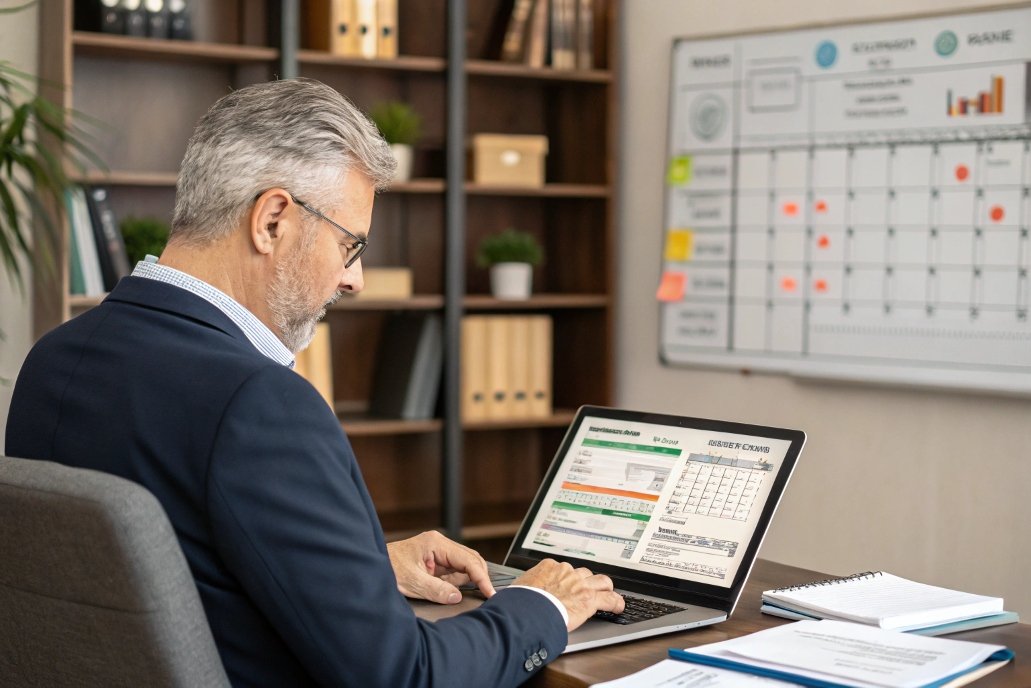
Protecting your business from fraudulent suppliers is crucial, especially in the world of custom parts sourcing where the stakes are high. Over the years, I’ve come across my share of bad suppliers, and I’ve learned to spot the signs early. In this article, I’ll share how you can protect your business from fraudulent suppliers1, and the steps you can take to verify their legitimacy before committing to contracts.
Protecting your business from fraudulent suppliers is not only about avoiding losses; it’s about securing your production timeline, ensuring quality, and building long-term partnerships. With the right due diligence, you can avoid costly mistakes and ensure a smooth sourcing process.
Fraudulent suppliers can cause more harm than just financial loss. They can lead to production delays, poor-quality parts, and even legal issues. It’s essential to take the right steps to protect your business. Let’s explore how you can avoid these risks and deal with them effectively.
What Red Flags Should You Look for to Avoid Fraudulent Custom Parts Suppliers?

Recognizing red flags early can save you from entering into a deal with fraudulent suppliers. By being alert to warning signs, you can protect your business and avoid significant disruptions to your supply chain.
Common Red Flags to Watch Out For
| Red Flag | Why It’s a Warning |
|---|---|
| Unrealistically Low Prices | If a supplier offers prices much lower than competitors, it could indicate compromised quality or hidden fees. |
| Lack of Company Information | Fraudulent suppliers often have limited or no online presence, and their contact details might be vague or inconsistent. |
| Unclear or Unprofessional Communication | If the supplier’s communication is poor or lacks professionalism, this may indicate they’re not a legitimate business. |
| Refusal to Provide References or Samples | A legitimate supplier should be happy to provide references or samples of their previous work. A refusal is a major red flag. |
My Experience with Red Flags
I once encountered a supplier offering parts at extremely low prices. Everything about them seemed too good to be true: they had minimal online presence, poor communication, and were hesitant to provide references. Despite my reservations, I moved forward with them. Unfortunately, the parts they delivered were of such poor quality that it cost us both time and money to fix the issues. Now, I know better than to ignore these red flags2.
How Can You Verify the Legitimacy of Suppliers Before Entering into Contracts?

Verifying the legitimacy of your suppliers is one of the most important steps in protecting your business from fraud. It’s essential to do your due diligence to ensure that the supplier is reliable, trustworthy, and capable of delivering quality parts.
Steps to Verify Supplier Legitimacy
| Step | Why It’s Important |
|---|---|
| Check Business Registration | Verify the supplier’s business registration and licenses through official government channels. |
| Research Supplier’s Reputation | Look for reviews, feedback from other businesses, and any certifications or industry affiliations. |
| Request References | Ask for references from previous clients and contact them directly to get feedback about their experience. |
| Verify Their Production Facility | If possible, conduct a factory audit or request a video tour of the production facility to ensure it meets your expectations. |
| Use Third-Party Verification Services | Consider using a third-party service to conduct background checks on your supplier’s financial stability and reputation. |
Why Supplier Verification Matters
One of the most important lessons I’ve learned is that not doing enough verification up front can be costly. In a past experience, I found a supplier with a glowing website but did not verify their physical location or reputation. After placing an order, we encountered significant issues with lead times and product quality. Fortunately, we were able to mitigate the damage, but it could have been avoided had we conducted proper due diligence from the start.
Why Is It Essential to Implement Due Diligence Practices When Sourcing Custom Parts?

Due diligence practices are the cornerstone of a successful custom parts sourcing strategy. Without taking the time to thoroughly vet suppliers, you risk exposing your business to fraud, poor-quality parts, and unnecessary delays.
The Importance of Due Diligence
| Due Diligence Practice | How It Protects Your Business |
|---|---|
| Supplier Audits | Auditing the supplier’s factory ensures they have the capabilities and quality standards you require. |
| Background Checks | Researching the supplier’s financial stability, legal history, and customer feedback helps you avoid risky partnerships. |
| Quality Control Inspections | Regular inspections of samples or initial orders can confirm that the parts meet your standards before full production. |
| Legal Agreements | Clear, well-drafted contracts ensure that both parties are legally bound to uphold their responsibilities, reducing the risk of fraud. |
How Due Diligence Helps
In one instance, after implementing a more thorough due diligence process, we discovered that a supplier had been flagged for past fraud-related issues. We were able to avoid entering into a contract and sourced from a much more reliable partner instead. This experience reinforced the importance of taking the time to dig deeper into a supplier’s background before making commitments.
Conclusion
Protecting your business from fraudulent suppliers is not just about avoiding scams—it’s about ensuring the long-term success of your operations. By recognizing red flags, verifying the legitimacy of suppliers, and implementing robust due diligence practices, you can minimize the risk of fraud and secure reliable, high-quality custom parts. Taking these precautions might take some extra time up front, but it’s well worth the investment to protect your business from costly setbacks.

